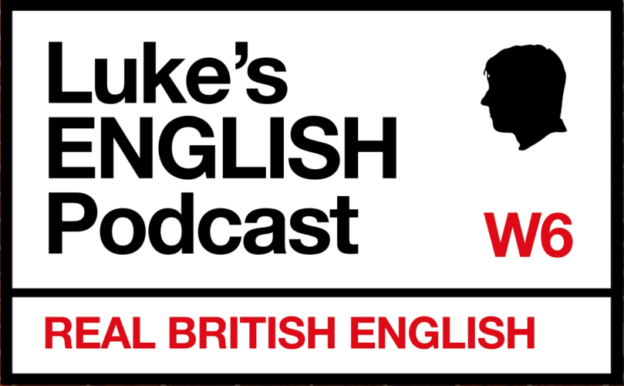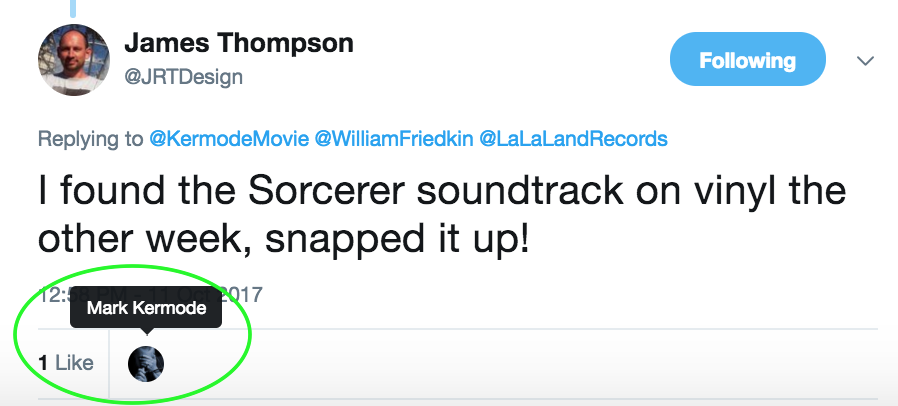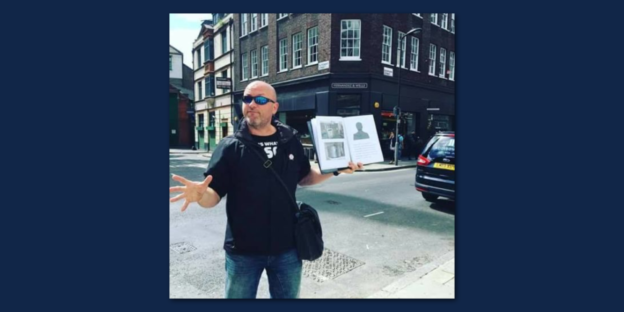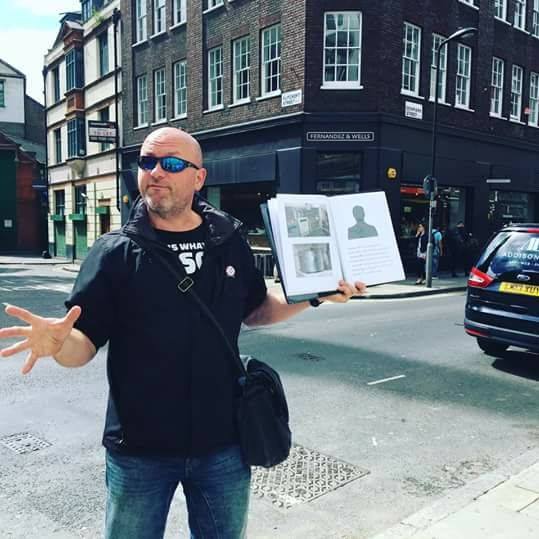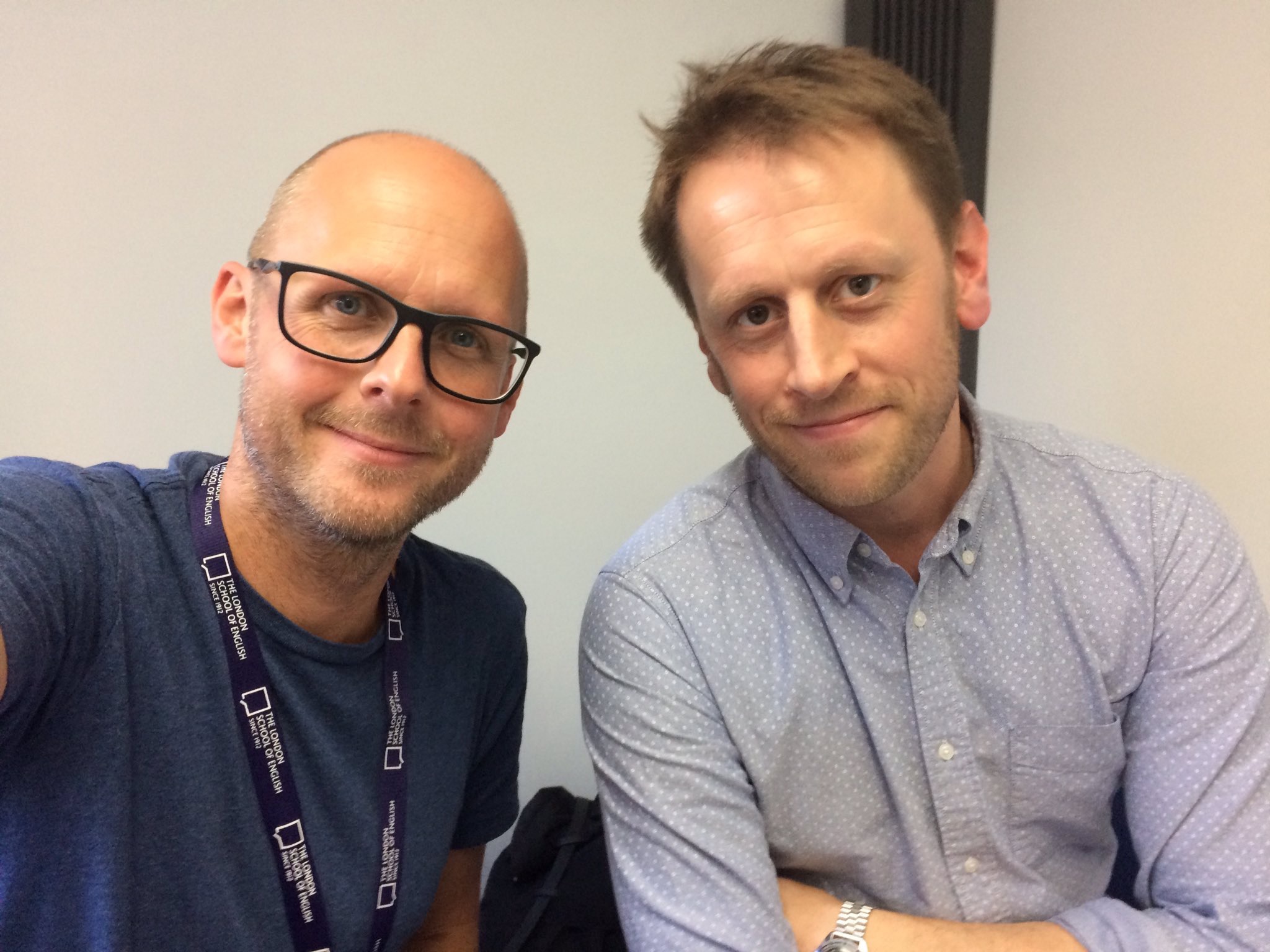Hello! In this episode of the podcast I am talking to Martin Johnston and his mate Dan The Man from the Rock n Roll English Podcast and we’re going to teach you some phrasal verbs and other expressions relating to friendship, while also putting their friendship to the test. Martin and Dan are lifelong friends. They know each other very well but they spend a lot of their time bickering and getting at each other. What’s going on in this friendship? Do they really like each other or not? Let’s find out in this episode and you can learn lots of vocabulary while we’re doing it. Vocabulary list and explanations below.
![]()
[DOWNLOAD]
The Rock n’ Roll English Podcast
Visit Martin’s website for Rock n’ Roll English here and check out the Rock n’ Roll English Podcast here.
Friendship Vocabulary & Questions
Here is a selection of vocabulary, including a lot of phrasal verbs relating to friendship, with definitions and the questions I asked Martin and Dan.
To get on with someone = to have a good, friendly relationship with someone
- You often bicker with each other, insult each other, tell each other that you’re stupid, boring, generally
shitetc. - How well do you actually get on with each other?
To hang out with someone = to spend time with someone, socially
- What’s the maximum amount of time you can actually stand to hang out with each other?
To hit it off = to get on with someone when you first meet them
- When you met, did you hit it off straight away? (was it love at first sight)
To get to know someone = to learn about someone personally
- How did you first get to know each other?
To go back years / a long time = to have a long relationship with someone
- How far back do you go?
To fall out with someone = to stop being friends because of a disagreement or argument
- Have you ever fallen out with each other?
- What would it take to fall out with each other, do you think?
- What would you do in these situations?
- Dan, you both go to the pub – you buy a round, but when it’s Martin’s turn he doesn’t buy a round, he just gets himself a drink (it’s a half a lager shandy by the way) and then he leaves early
- Martin, Dan suddenly one day starts saying nice things about you in public
- Dan, you overhear Martin saying some shit about your nan (grandmother) – he said she was a ‘slag’. (a very rude thing to say about anyone, especially someone’s grandmother – a slag is a woman who has sex with lots of people 😱)
- Martin, you get a new girlfriend and then when she meets Dan you realise that she actually prefers him
- Dan, you learn that Martin has asked your sister out on a date
- Martin, your Dad one day says “Why can’t you be more like Dan?”
- Dan, you buy some biscuits and Martin eats them all, even the last one
To make up with each other = to become friends again after falling out
- If you did ever fall out, what would be the best way to make up with each other?
- Martin, how would you make up with Dan because of the biscuits?
To break up with someone = to end a relationship with your boyfriend or girlfriend, to dump someone
- Do you think it’s possible to actually break up with a friend, in the same way you can break up with a girl. I’m not saying that you would, I’m just wondering.
- Have you ever been in a situation where you’ve got a friend (probably quite a new friend – or maybe someone who you knew as a kid who has come back into your life) and you feel like it’s just not working and you feel like you have to break up with him? (it’s in an episode of Seinfeld)
Seinfeld (TV show) – Jerry Breaks Up with a friend (it’s funny because you don’t normally ‘break up with’ a friend, only with a ‘romantic partner’)
To drift apart / To lose touch with someone = when your lives just start going in different directions (drift apart) and you stop contacting the person regularly (lose touch with)
- You don’t see each other so much any more because you’re in different countries.
Are you ever worried that you might drift apart, or lose touch with each other completely?
“How’s Martin?” “Oh, I don’t know we just kind of lost touch”
To enjoy someone’s company = to get on with someone, to enjoy spending time with someone
- Honestly, how much do you enjoy each other’s company?
To have something in common with someone = to share something similar. E.g. you both like Star Wars.
- Do you have a lot of things in common? What things do you have in common?
To be in a relationship with someone = to be dating someone, to be romantically involved with someone
- Martin, how do you feel about the fact that Dan is in a relationship? (is there any jealousy there?)
- Dan, imagine Martin is going on a date with a girl tonight – what could you say to him as a friend in this situation?
To be on the same wavelength as someone = to have a similar way of thinking as someone
- Are you on the same wavelength as each other?
To see something in someone (often → …what someone sees in someone) = to like something about someone, to find a good quality in someone
- What do you actually see in each other?
- What does Dan’s girlfriend actually see in him?
Other vocabulary you heard (explained at the end of the episode)
- Martin: That sounds like the most boring introduction in the world. Dan: Actually, I think it’s quite apt.
- I’ve been trying to get rid of him as a friend for a long time now.
- Treading in dogshit all day. There’s an abundance of it. I almost tripped up on one the other day.
- When they hear my terrible French they gladly switch to English, just to rub it in a bit.
- My Italian’s not bad but I can get by.
- I did a gig once in London, a charity gig.
- You’re an accomplice now, because you planted that idea. (murder)
- I’d like to explore the dynamic between you, a dynamic that some might call a bromance.
- Martin came here at the weekend and 15 hours later we were both sick to death of each other.
- You fall out, you get over it, you bounce back and then move on.
- Martin: Dan always says that I’m tight. (mean, tight-fisted, stingy)
- Dan’s sister: We all know that Dan is a tight bastard.
- In the UK if someone doesn’t buy a round they are ostracised.
- Dan: I’m trying to keep you on your toes (by buying Martin Christmas presents)
- You overhear Martin saying some shit about your nan. He’s saying that she’s a
slag. - I’m digging myself into a hole here.
- Those awkward conversations that I just can’t handle. I avoid them at all costs.
- The cross-examination of your friendship is over and I have to say I’m none the wiser about the mysterious dynamic that you have.
- You can take my answer with a pinch of salt.
Thanks for listening!
Luke

